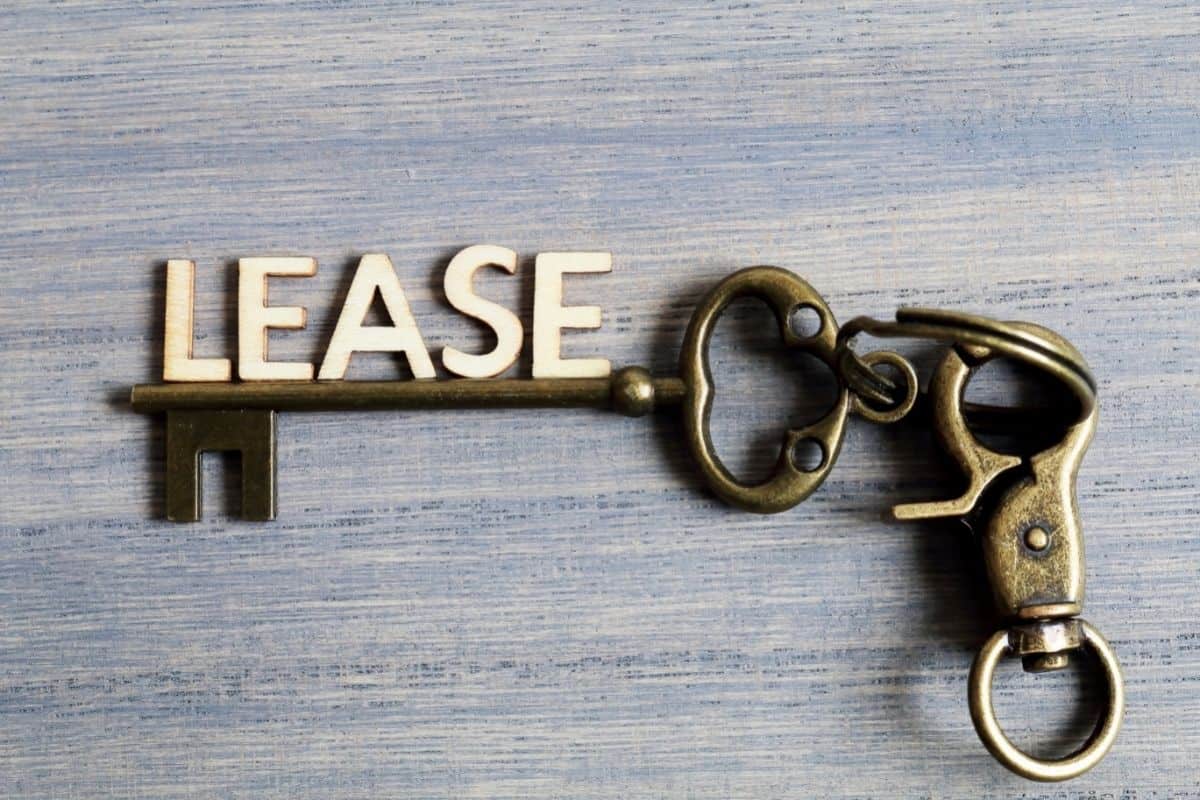When you rent a property, be it a house or apartment, usually, you sign a lease. A lease is a formal document that is a written declaration of the legal agreement between you and your landlord.
The lease will invariably state what rent you pay, and for what length of time, you pay it.
In an ideal world, you will rent the same property for the time period specified in the lease. But sometimes life happens!
You might need to relocate for your job, get married, split up, or any other number of scenarios that mean that you can’t stay in your rented property for as long as the lease dictates.
But what will happen if you break it early?
Keep reading to find out everything you need to know about breaking your lease and how it will affect your credit score.
What Happens If I Break My Lease Early?
A good lease agreement will lay out in simple language what will happen if you break your lease early. Some may even set out terms that allow you to break your lease.
This is usually a financial penalty like paying for a few months’ rent and giving a notice period. You may even find that you sacrifice your security deposit.
If you are fortunate enough to have a robust lease then all you need to do is follow the steps or requirements listed in the document.
No lease break clause? Your best bet is likely to be seeking some advice that is specific to your state. This is because the law varies depending on where you are.
In some states, landlords are legally bound to find a replacement tenant as soon as possible to limit their losses and the rent that you pay in absentia.
In this case, the best you can hope for is that someone moves into your vacated rental property quickly so that you do not need to carry on paying for its rent.
But what if your landlord can’t find a new tenant quickly? Unfortunately, there is not a lot that you can do.
You may be responsible for paying for the lease for several months, possibly until the end of the lease that you signed.
Some people erroneously think that they do not need to pay rent if they are not living somewhere – this is untrue! Failure to pay rent that you are legally obligated to pay can result in the following scenarios:
- Legal action: your landlord may take you to court to be paid for outstanding rental payments. If your landlord is successful in their claim, you will have to pay all rent owed and possibly their legal costs. Failure to pay after this may result in a court order to take money out of your wage.
- Debt collection: your landlord is entitled to turn your outstanding retinal debt to a debt collection agency. This is a fairly common development. Failure to pay the debt collection agency may result in legal action.
- Future renting may be difficult: many landlords get a screening report or reference from your previous landlords in order to get a picture of your character. If you break a lease, you can expect a future landlord to find out, and they may be reluctant to lease you a property.
Breaking A Lease Will Hurt Your Credit
As well as the above issues, breaking a lease could hurt your credit score. Breaking a lease and not paying off owed debts will bring down your credit score.
To put it into context, breaking a six-month-long lease with no break clause in the third month means that you may be paying rent for the next three months, even though you are not living in the rental property.

If, however, your landlord can find a replacement tenant in time for the beginning of the fifth month, you will only need to pay rent for the fourth month.
Failure to pay, and you may find that your landlord takes you to a court or refers you to a debt collection agency to get back some or all of the owed rent.
It is quite rare for a landlord to report a recalcitrant tenant to a credit bureau. However, a debt collection agency most certainly will.
A debt collection notice will stay on your credit report for seven years and will dramatically hurt your credit.
That said, remember that abiding by the break terms on your lease will not result in any negative repercussions and will have no impact on your credit.
It is only when you do not meet your contractual obligations held in the lease that you run into hot water.
But it might not end there! If there is any ambiguity in your situation then you could still face legal difficulties.
Make sure that you are explicitly clear and that the terms of the break clause in your lease are as well.
Make sure that you owe no money before moving out and that you keep a thorough record of any monies paid so that you have evidence should there be a dispute.
Break A Lease Without Hurting Your Credit
Sometimes breaking a lease is unavoidable. Follow these tips so that you are less likely to lower your credit score.
- Talk to your landlord: most landlords are happy to accommodate a leaving tenant as long as you are open about your intentions and communicate effectively. It is best to notify them as soon as you are aware that you will have to leave early. Keeping your landlord informed will help encourage them to reach a solution that is better for you both in the long run.
- Don’t leave debts: leaving behind debts will make your situation worse and more complicated. Have a thorough read of your lease, so you fully understand what your obligations are.
- Know the law: do some research to find out what your rights are in law. Laws will vary depending on your state so make sure that you are well-informed. Keep in mind that you may fall under specified scenarios recognized in law that you need to break your lease.
- Find a new tenant: if you can find a replacement tenant you will be saving yourself some rental money and your landlord a headache – they will probably thank you!
Final Thoughts
While it is not ideal, sometimes life happens, and you need to break your lease early.
Failure to abide by your state laws and your lease agreement could result in your credit score going down, especially if you end up going to court with your landlord or a debt collection agency.
